Igor Danchenko a 'very important figure' in Durham's Russia investigation: Jonathan Turley
Fox News contributor Jonathan Turley discusses the upcoming trial of Steele dossier source Igor Danchenko on America Reports.'
Government prosecutors said the U.S. surveilled former Trump campaign aide Carter Page for more than a year based on lies told by Russian national Igor Danchenko, the primary sub-source for the anti-Trump dossier, as the first day of the second trial out of Special Counsel John Durham’s years-long investigation into the origins of the Trump-Russia probe got underway.
Danchenko’s trial began Tuesday in the U.S. District Court for the Eastern District of Virginia. Judge Anthony Trenga is presiding over the case.
Danchenko pleaded not guilty last year to lying about the source of information that he provided to ex-British intelligence officer Christopher Steele for the dossier, which contained salacious and now-debunked allegations against former President Donald Trump.
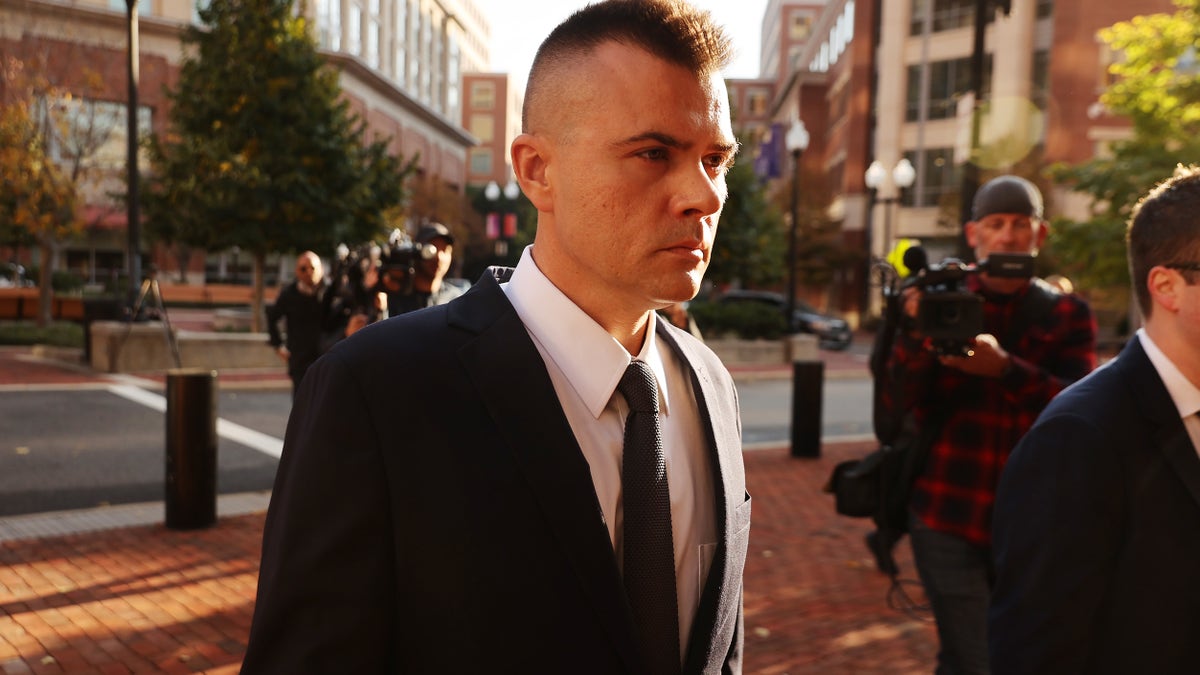
Danchenko’s trial began Tuesday in the U.S. District Court for the Eastern District of Virginia. (Chip Somodevilla/Getty Images)
Durham charged Danchenko last year. The charges stem from certain statements Danchenko made to the FBI relating to the sources he used in providing information to an investigative firm in the United Kingdom related to the dossier.
Danchenko served as the primary sub-source for Steele’s dossier, which was commissioned by opposition research firm Fusion GPS and paid for by the Hillary Clinton campaign and the Democratic National Committee through law firm Perkins Coie.
The jury was chosen Tuesday and the government, along with Danchenko’s defense, delivered opening arguments.
Federal prosecutor Michael Kielty argued for the government, saying that Danchenko lied to the FBI and fabricated and concealed his sources.
Kielty said that Danchenko told the FBI that he had a phone call with a Russian, Sergei Millian, who allegedly told him about an exchange between the Trump campaign and Russian officials.
"This call never took place," Kielty argued Tuesday.
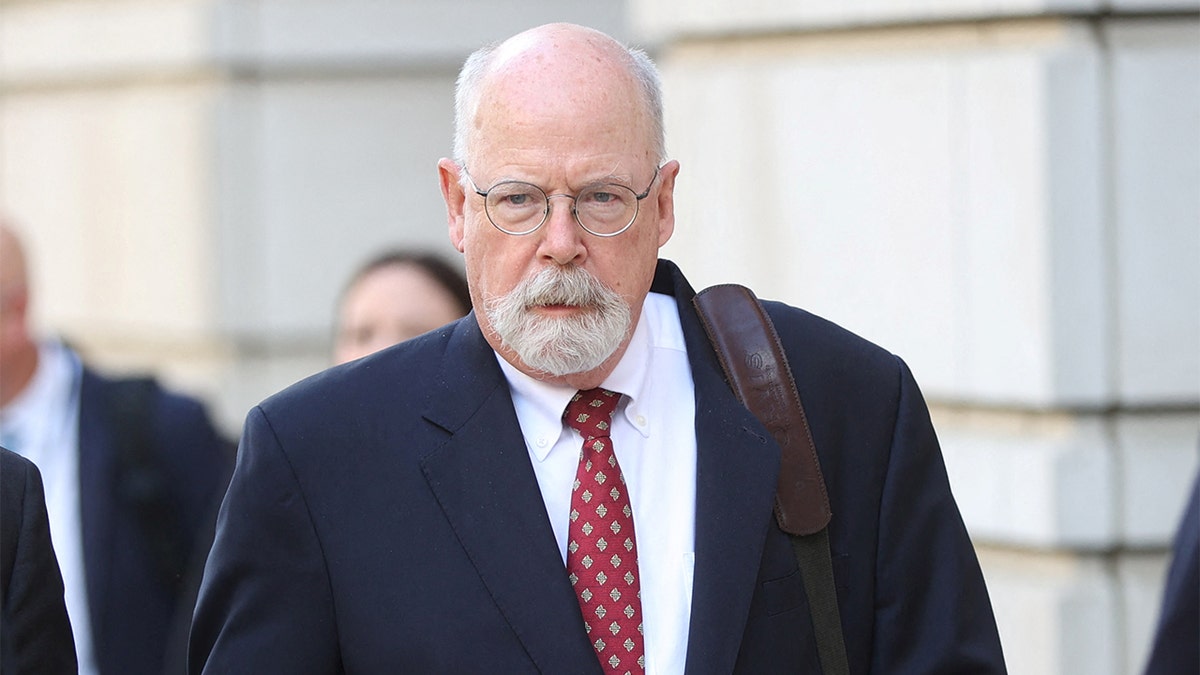
The jury found that Special Counsel John Durham’s team had not proven beyond a reasonable doubt that Sussmann’s statement was a lie. (REUTERS/Julia Nikhinson)
Kielty also said that Danchenko told the FBI that a source for the anti-Trump dossier was Millian, and that he received a short phone call from an unnamed Russian person, who Danchenko believed to be Millian.
"We will prove that this call never happened," Kielty stressed.
The government said that Danchenko’s allegations served as justification for surveillance of a U.S. citizen — Carter Page — for more than a year.
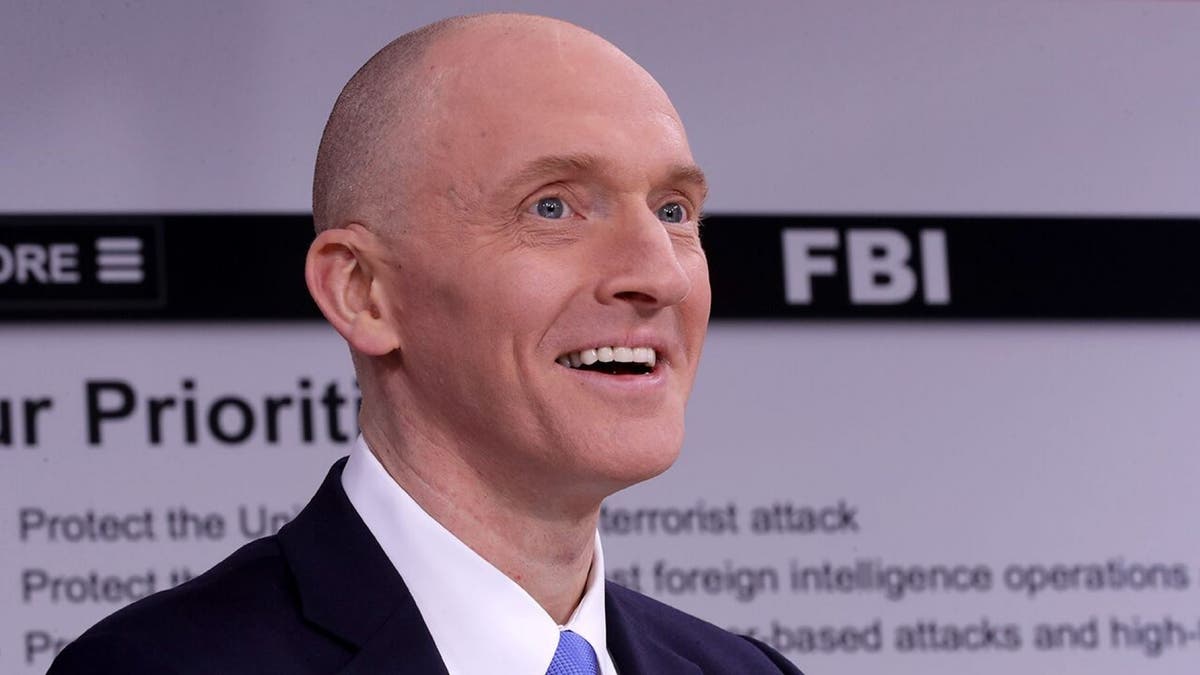
Former Trump adviser Carter Page. (Photo by Chip Somodevilla/Getty Images)
The dossier served as the basis for Foreign Intelligence Surveillance Act (FISA) warrants against former Trump campaign aide Carter Page — something Justice Department's Inspector General Michael Horowitz revealed in 2019.
The Justice Department admitted in 2020 that the FISA warrants to surveil Page, when stripped of the FBI's misinformation, did not meet the necessary legal threshold and never should have been issued.
Meanwhile, the government also accused Danchenko of having communications with longtime Democrat operative Charles Dolan, and said he plotted information from those conversations into the dossier.
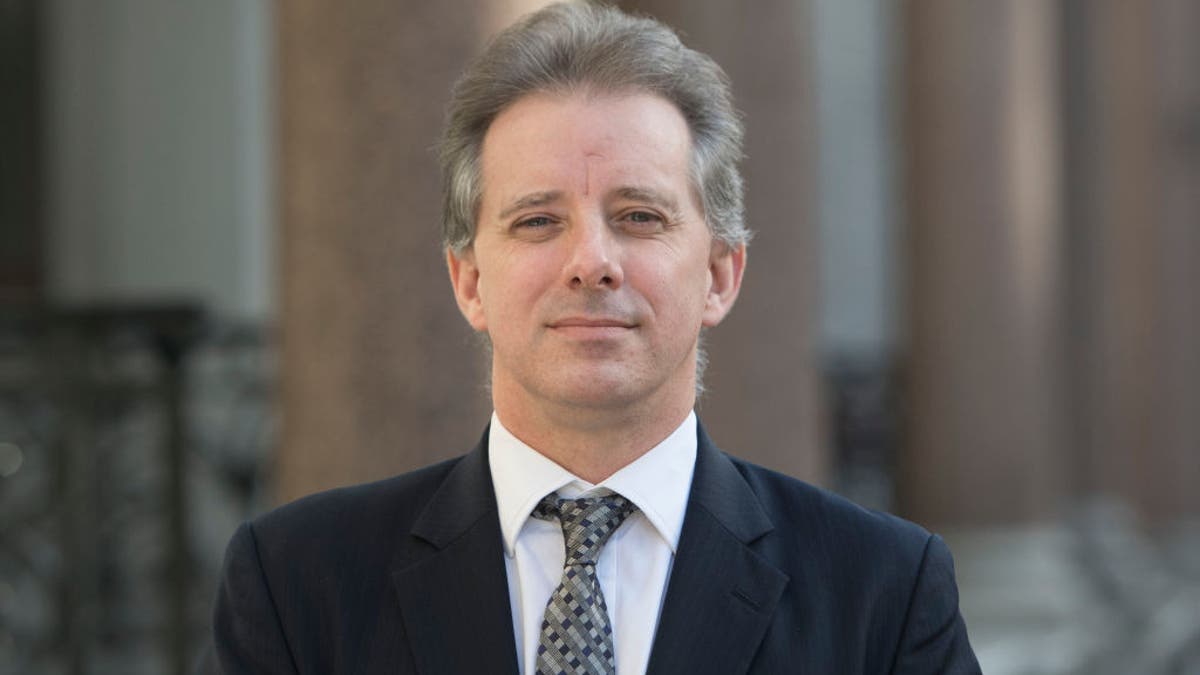
Christopher Steele compiled a dossier on Donald Trump. (Victoria Jones/PA Images via Getty Images)
The government also contends that Danchenko lied to the FBI when asked about his communications with Dolan — all things the special counsel’s team said they have evidence to prove during trial.
Danchenko’s attorney Danny Oranato defended him, saying he did not commit a crime, and maintained that Danchenko did not lie or mislead the FBI.
"His statements were truthful," Oranato said, adding that the special counsel’s team will not be able to prove phone calls did not take place, as Danchenko used phone apps.
"You will see evidence that will eviscerate … that Danchenko was anything other than truthful," Oranato argued.
With regard to allegations about Danchenko’s communications with Dolan, Oranato argued that his client did tell the FBI about those conversations, but said the FBI never followed up.
"Six years later, the special counsel’s office comes to you with a convoluted charge," Oranato said, downplaying the charges brought by Durham’s office.
Meanwhile, Durham, in a filing unsealed last month, revealed that the FBI paid Danchenko to be a confidential human source for the FBI from January 2017 through October 2020.
Danchenko had been the subject of an FBI counterintelligence investigation from 2009 to 2011.
That FBI investigation into Danchenko focused on his contacts with suspected Russian intelligence officers and reported attempts to facilitate payments for classified information.
Durham has indicted three people as part of his investigation: Danchenko in November 2021, Michael Sussmann in September 2021 and Kevin Clinesmith in August 2020.
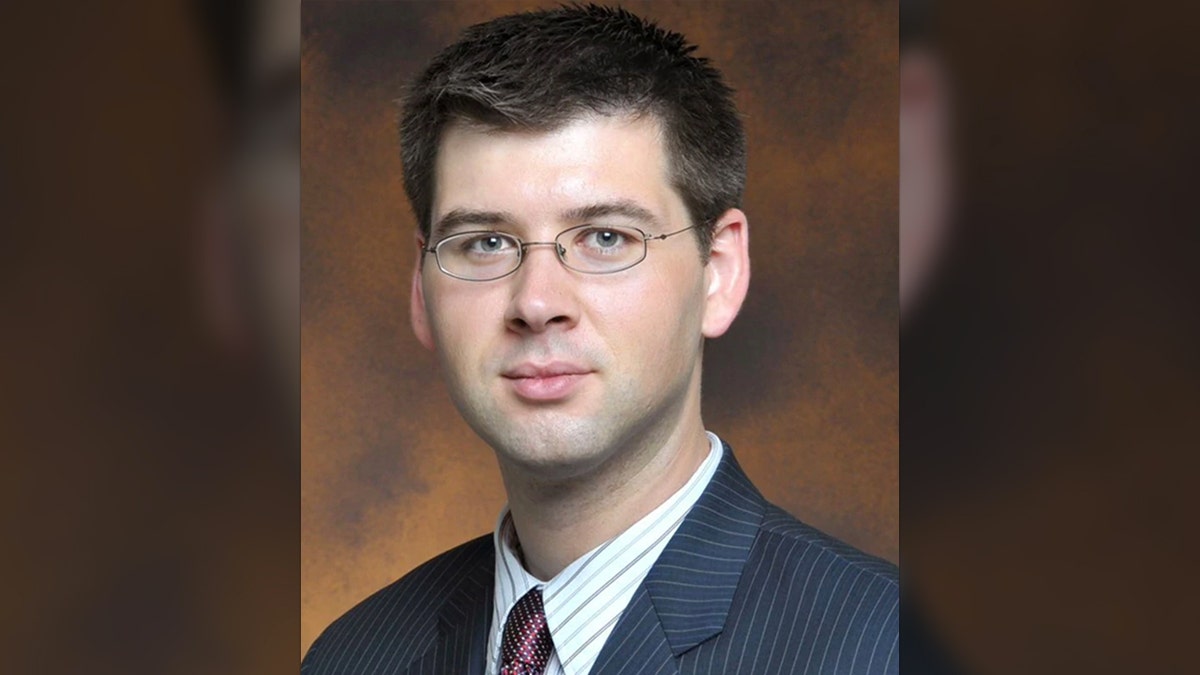
Kevin Clinesmith was charged with making a false statement as part of Special Counsel John Durham's investigation into the origins of the Trump-Russia probe.
Sussmann, after a weeks-long trial, was found not guilty of making a false statement to the FBI in June. Sussmann had allegedly brought information to FBI General Counsel James Baker on Sept. 19, 2016, and allegedly claimed that he was not doing work on behalf of any client but rather bringing the data as a citizen concerned with national security.
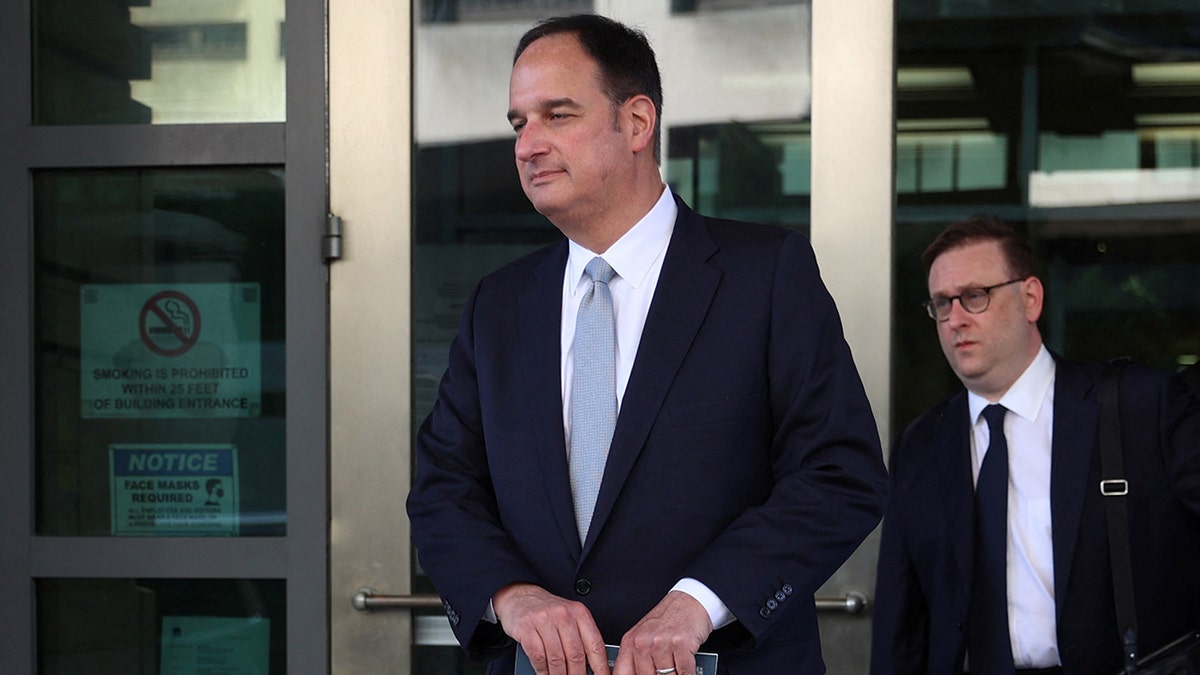
Ex-Clinton campaign lawyer Michael Sussmann. (REUTERS/Julia Nikhinson)
Clinesmith pleaded guilty to altering an email about Carter Page to say that he was "not a source" for another government agency even though Page has said he was a source for the CIA.
The Justice Department relied on Clinesmith’s assertion as it submitted its third and final renewal application in 2017 to eavesdrop on Page under the Foreign Intelligence Surveillance Act. Clinesmith pleaded guilty and in 2021 was sentenced to 12 months probation and 400 hours of community service.
Sources have told Fox News that Durham’s investigation is ongoing.
Durham was tapped in 2019, shortly after special counsel and former FBI director Robert Mueller announced his findings, by Attorney General Bill Barr to investigate the origins of the FBI’s original investigation into the Trump campaign, which had led to the appointment of Mueller as special counsel.
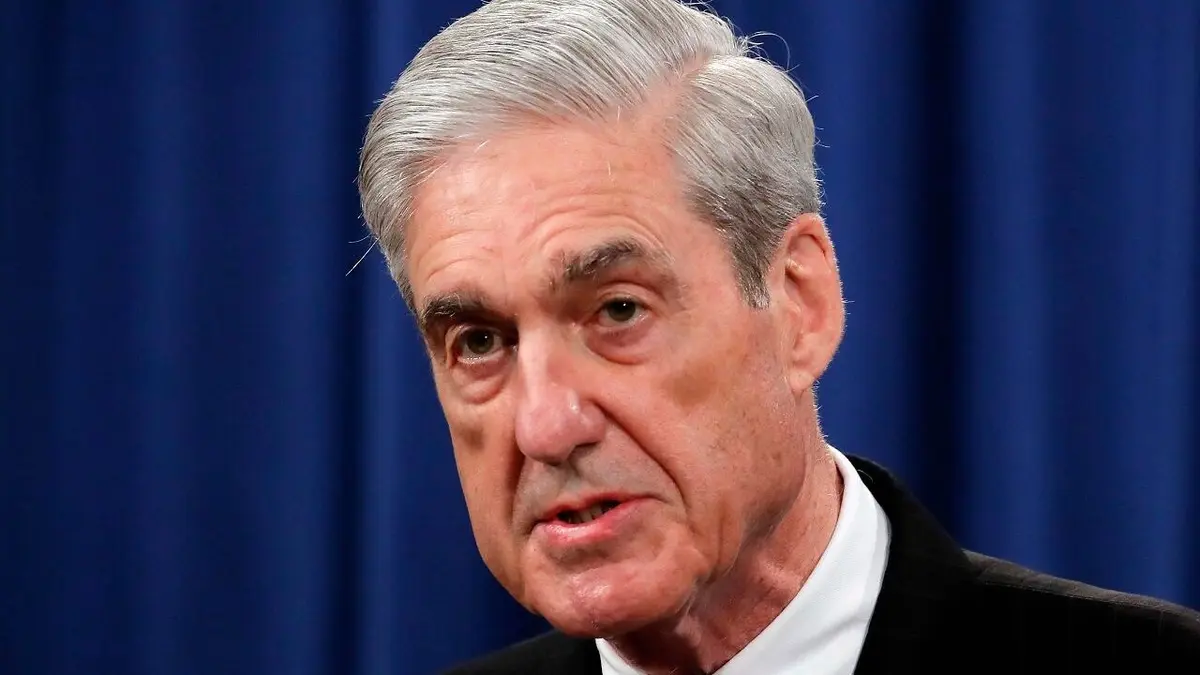
Special Counsel Robert Mueller speaks at the Department of Justice. (AP Photo/Carolyn Kaster, File)
Mueller, who was appointed as special counsel in May 2017, spent nearly two years and $30 million investigating whether Trump and his campaign colluded with Russia to influence the 2016 presidential election.
CLICK HERE TO GET THE FOX NEWS APP
Mueller’s investigation yielded no evidence of criminal conspiracy or coordination between the Trump campaign and Russian officials during the 2016 presidential election.















































